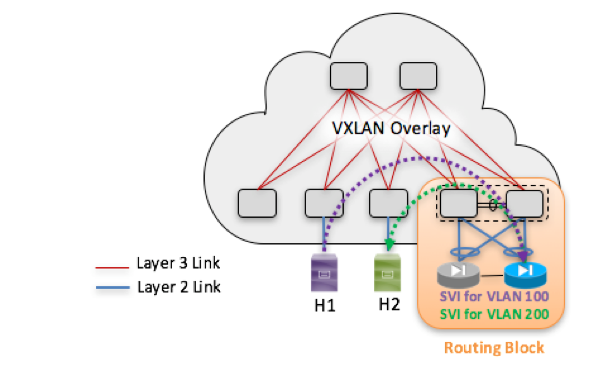S. Korea plans to tighten battery regulations post Note7 crisis
In the wake of the Note7 debacle, South Korea is introducing new tests and regulations to ensure battery and smartphone safety, the Ministry of Trade, Industry and Energy said.The new measures will include requiring manufacturers to certify the safety of lithium-ion batteries based on new technologies in the process of production.The announcement Monday by MOTIE also agrees with the analysis by Samsung Electronics and some experts on the cause of the overheating and even explosions of some Galaxy Note7 smartphones.Samsung, backed by experts from Exponent, TUV Rheinland and UL, said in January that the overheating of some Note7 phones was likely caused by the faulty design and manufacturing of batteries by two suppliers, rather than by the design of the smartphone itself.To read this article in full or to leave a comment, please click here


